
CONTACT US
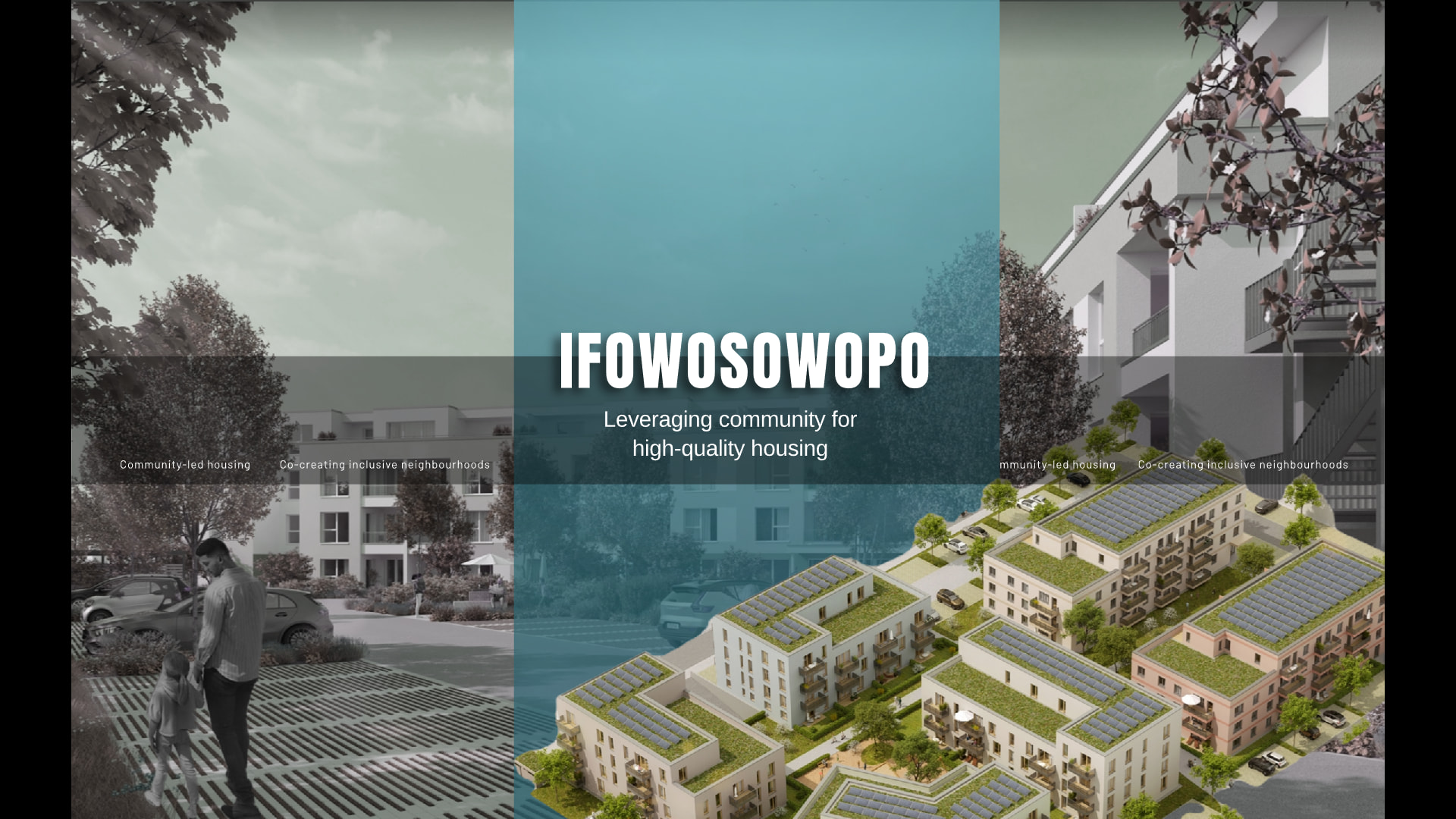
We don't all have N80-N300m for a dream home, but we can all have access to the same dignity & improved quality of life that it delivers.
01.
Can You Imagine It?
A model Lagos community, comprising different housing types (ranging from 1-bed studios, 2/3 bed apartments, & 4-bedroom duplexes), made for different income classes and family sizes. Residents enjoy shared access, courtyards and shared facilities (such as gardens, play areas, and even waste collection/disposal). This model community has the perfect population of residents for optimal comfort, and there is no segregation. Every part of this community is intentionally curated to improve quality of life for the residents.
02.
Join Locus Communis
In a city like Lagos, owning a home has become almost impossible. (Even for middle-class earners) But what if we change the approach, and instead of looking for N80-N400m upfront, we do this with friends, colleagues, and/or even strangers who share the same dreams and are almost equally financially able? Think of doing this with a community of 50 people joining resources together to jointly buy land, finalize documentation, and secure building approval/permit, and then individually commence their building construction.
03.
Choose between a
stand-alone unit, or...
OPTION A:
A terraced duplex that is designed to make it easy for you to start small, build what’s most important from the beginning and finish the rest as your finances improve.
04.
In a multi-family
apartment block of
FLATS
OPTION B:
Row of multi-family apartments, combining multiple dwellings and different housing types (ranging from 1-bed studios, 2/3 bed apartments, & 4-bedroom duplexes), made for different income classes and family sizes. Complete with well-thought-out shared access, courtyards and shared facilities (such as gardens, play areas, and even waste collection/disposal).
05.
Grow Community
Work with other home owners to co-create and co-develop the kind of community you desire. At your own pace.
Community + Co-ownershp + incrementality = Affordable Housing
06.
Comes back to the first question...
Can You Imagine It?
This proposal outlines the development of Locus Communis, the PetitHaus Model Community Housing, a sustainable, community-driven, and culturally responsive housing model that addresses urban affordability while enhancing residents' quality of life… in line with your budget. Affordable housing is possible, but you can only see it if you can imagine it.
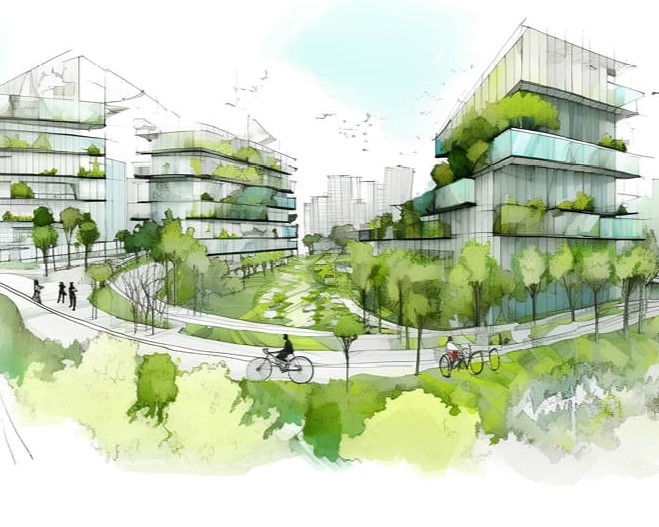
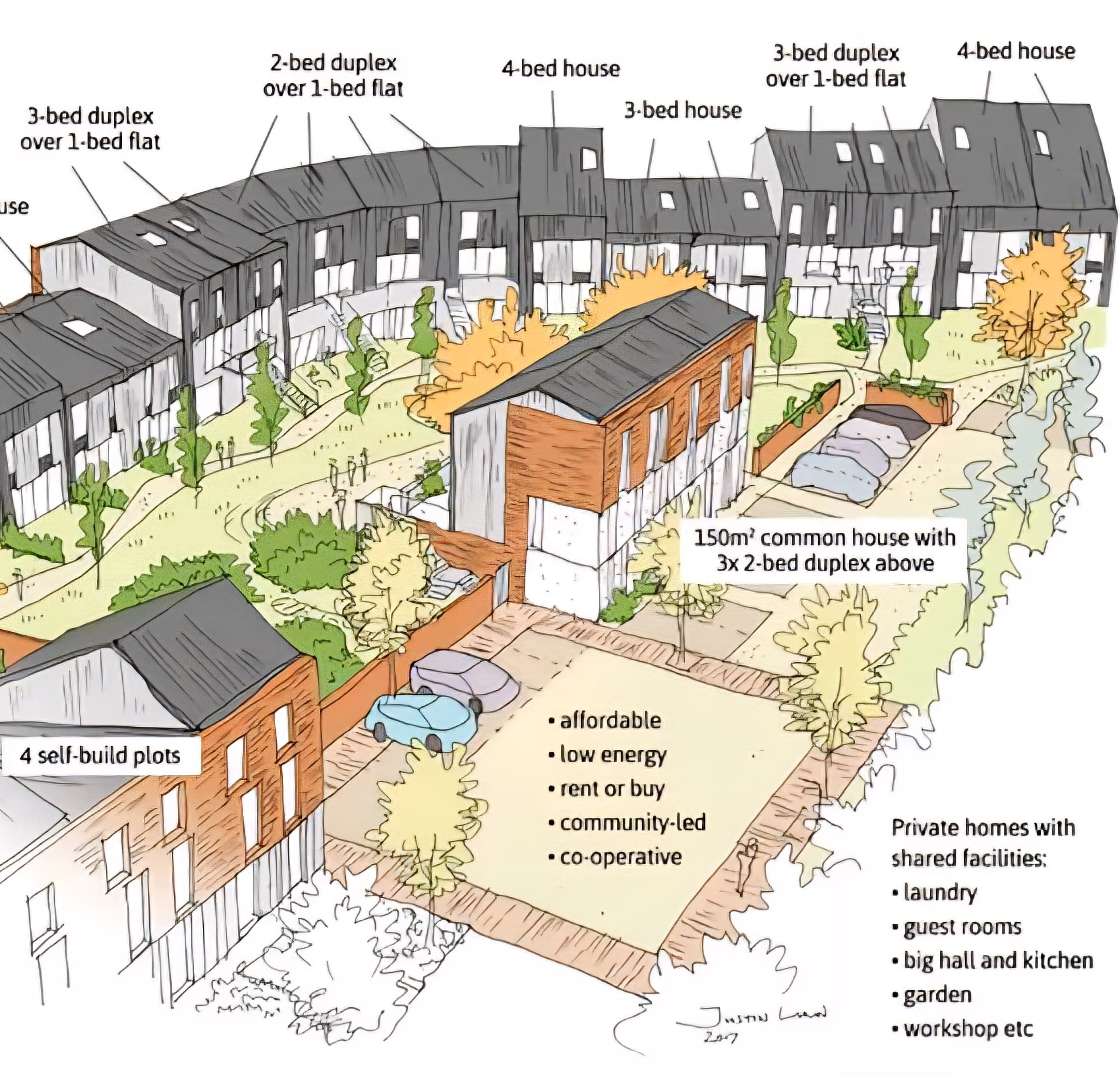
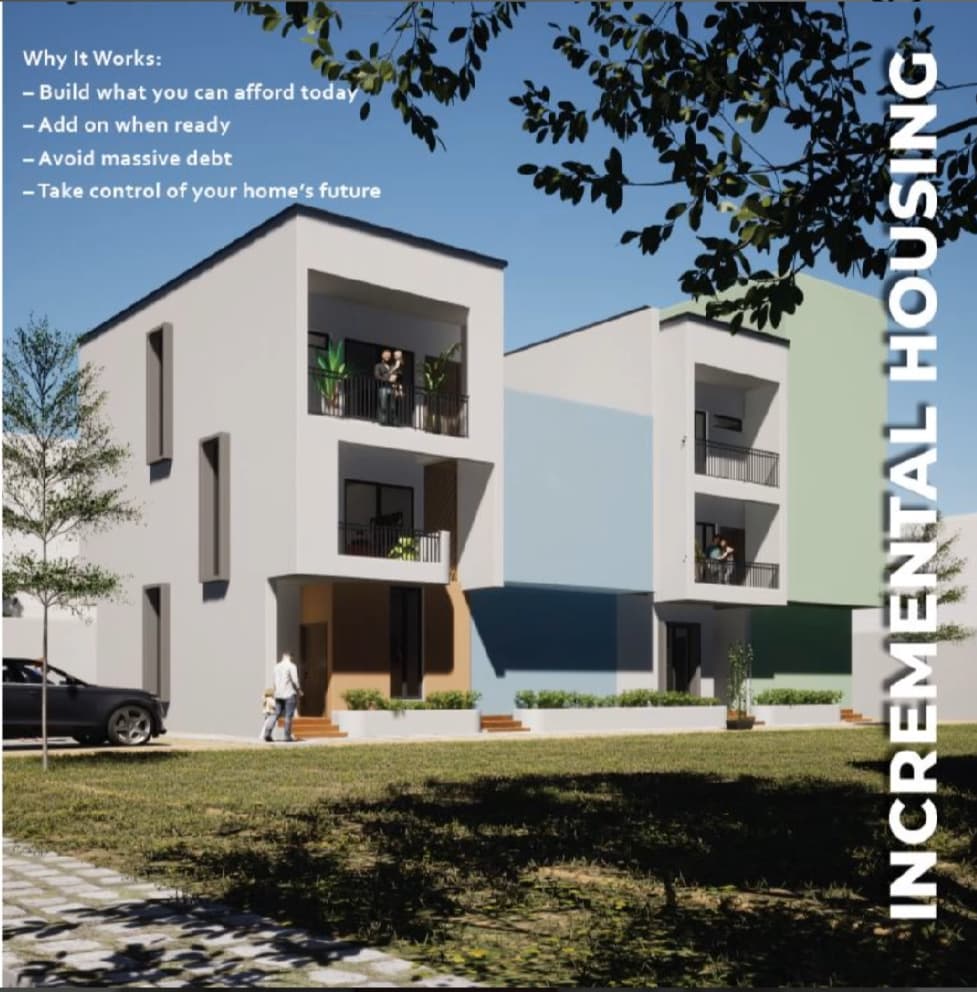
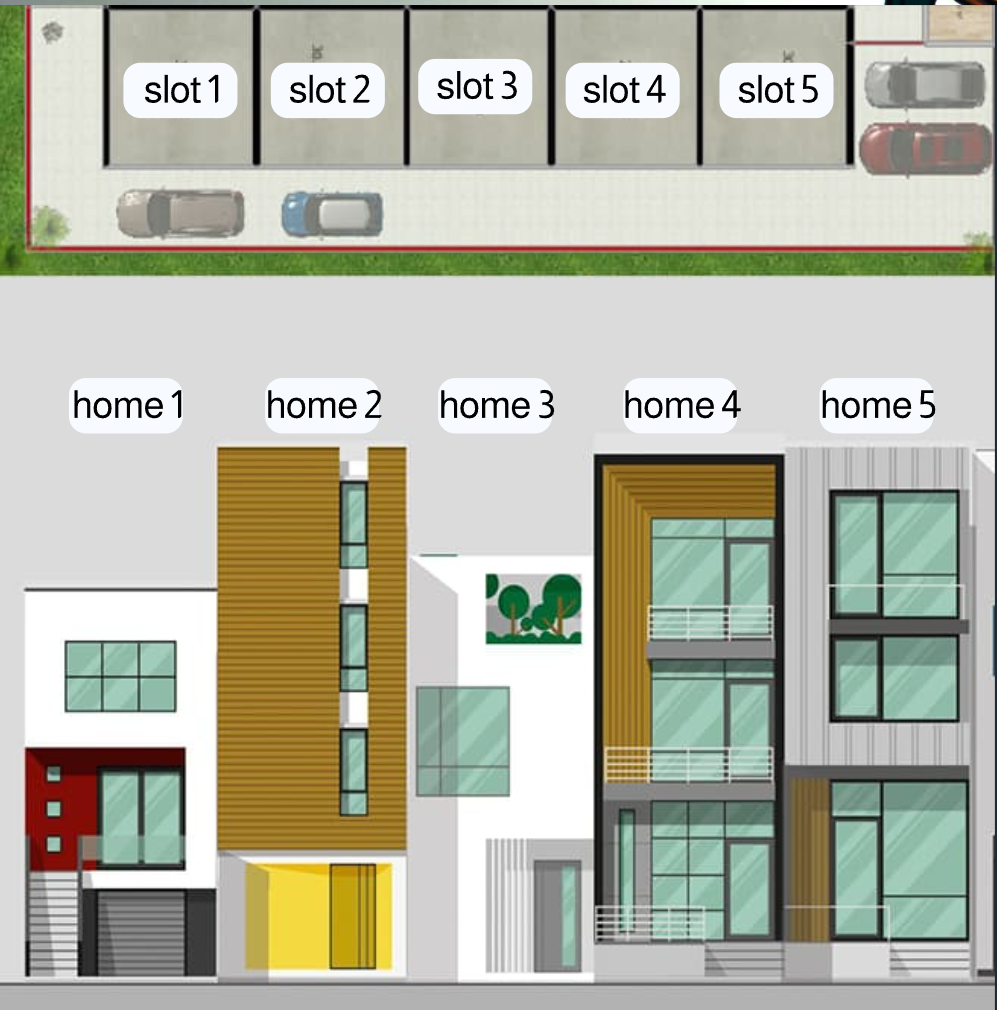
Location is everything.
Co-ownership helps residents own land (with honest pricing within great locations) and create long-term value that goes beyond just 'cheap' land.
It creates equal opportunity for more people to own land by coming together to jointly (co)own a piece (plot) of land and split the cost of acquisition (title documentations, building plans, and even city planning approvals/ permit) evenly.
Residents pool resources to co-create a community that reflects:
True inclusivity with different housing types designed for all income levels.
Shared spaces like courtyards, gardens, co-working hubs, kids’ play zones, and community center that matter.
Smart sustainability through rainwater harvesting, hybrid solar-grid power, smart waste disposal, and low-maintenance materials.
Together, by sharing ownership, building in phases, and co-creating the neighbourhood, we deliver a combination of values that makes high-quality housing and homeownership affordable by enabling access at different price points, no matter your income. This is also:
- Safe in ensuring regulated, planned, and structured (not “build first, repair later”).
- Flexible by designing a home that grows with you, instead of locking you into a one-size-fits-all box.
- Sustainable by integrating green spaces, community amenities, and efficient use of land.
- Community-driven in designing for shared growth, not isolation.
It eliminates the need for heavy/costly upfront costs
It shifts the narrative from "waiting until you’re rich" to "start where you are, and build what you can."
Enables a people-first model that works for both low-income earners and middle-class families
It blends 'affordable' for different budget classes with case-responsive housing that adapts to your reality.
Provides a scalable blueprint (original) to African cities battling the affordability crisis.
It ensures and delivers affordable entry points for people across different income levels without going into crippling debt.
It simplifies the undue stress that is typical of cities' enforcement-heavy planning systems that punish residents instead of helping them comply.
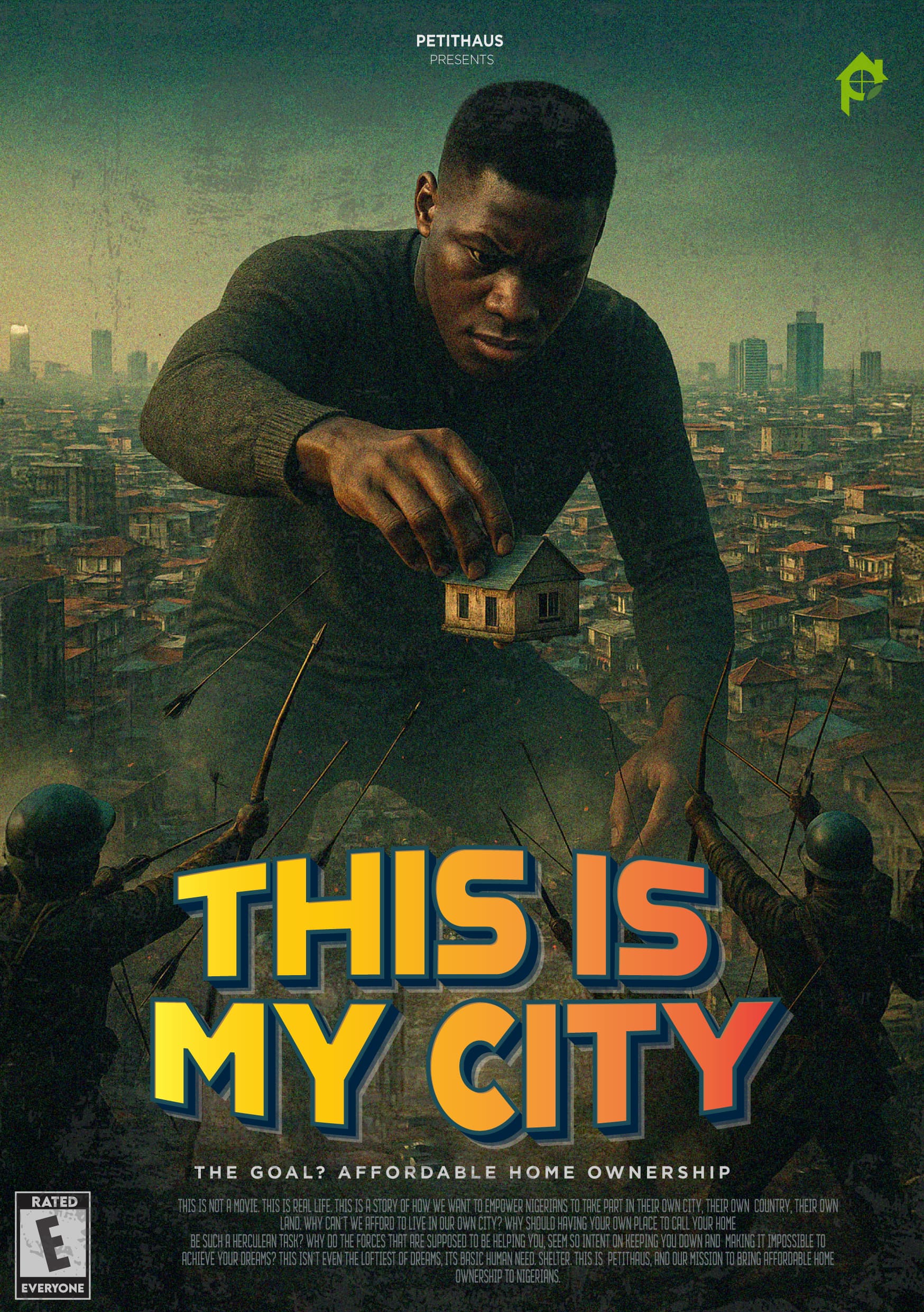
How many homes can this model community accommodate?
This proposal contains 50 dwellings.
However, the capacity, i.e., the number of dwellings and the number of floors permissible with the required facilities, is dependent on existing local planning zoning regulations. Locus Communis is most suitable for mid-to-high-density zones.
Larger or smaller versions of this model community can be tailored to fit different zones.
How long would it take to build Locus Communis?
The time required to build a Locus Communis depends on several factors, such as complexity in dealing with/interpreting approval requirements, budgets/funding, number of dwellings, economics of construction, and level of planning (and technical involvement). Generally, the model project can take anywhere from 3 to 12 years to reach 100% completion.
How much does this cost?
We don't know. Every project is different.
The Locus Communis is curated per demand, not ready-made. The cost of individual homes is entirely dependent on a variety of considerations, from location to capacity, cost of planning, and also cost of materials.
What we do is first understand where people want to live and whether they're interested in Locus Communis. Are you interested?
How can I join?
Simply complete the interest form for early access to Locus Communis